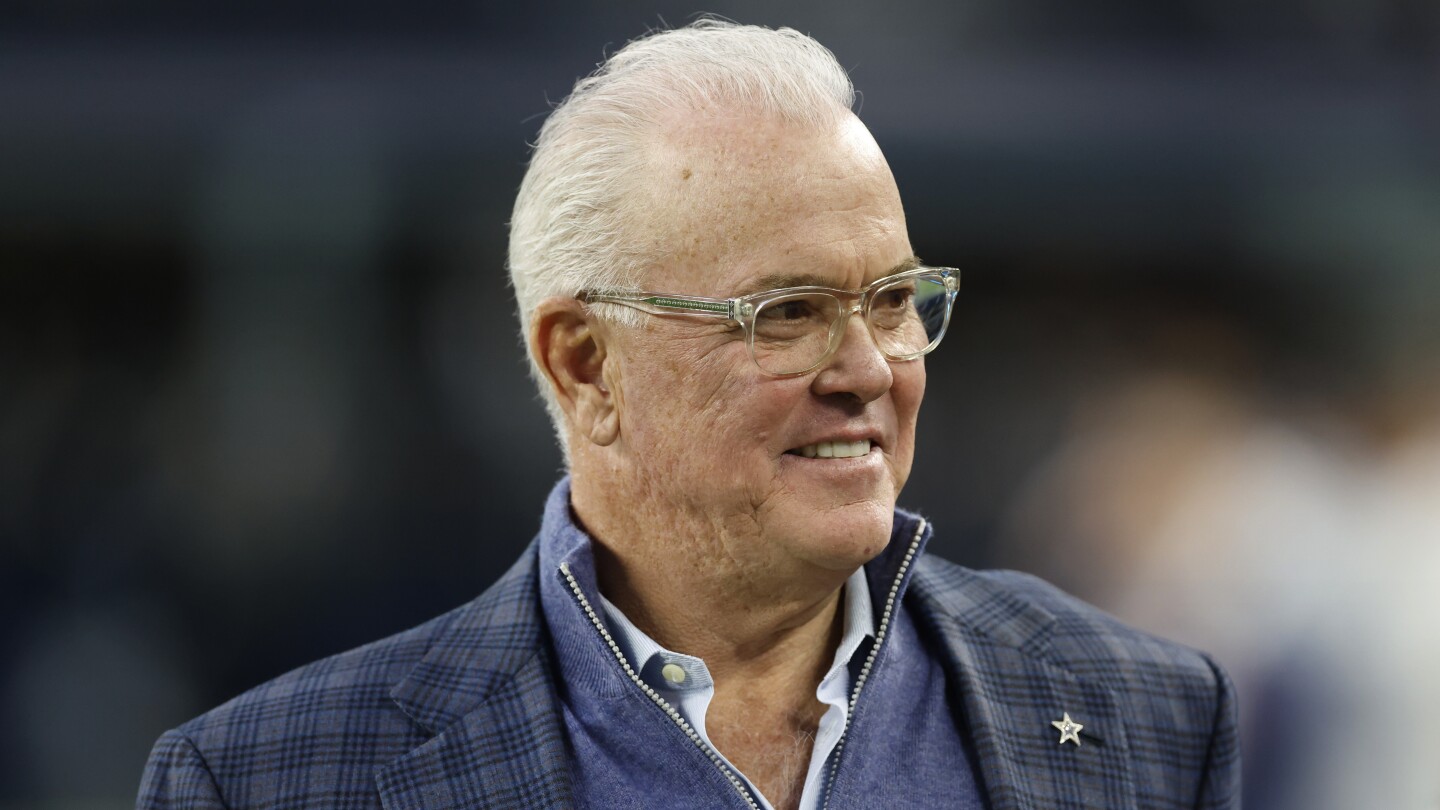Cowboys' Strategy Unveiled: Stephen Jones Teases Bold Free Agency Moves

When the Dallas Cowboys declared they were "all in" last season, fans and media alike interpreted Jerry Jones' bold statement as a commitment to going the extra mile. However, the reality proved to be far different from the initial promise, revealing that the team's definition of "all in" might not align with what most people expected.
Jones' proclamation, which initially sparked excitement and hope among Cowboys faithful, gradually became a source of confusion and disappointment. The phrase, meant to signal an aggressive approach to winning, ultimately rang hollow as the season unfolded, leaving supporters questioning the true meaning behind the team's rallying cry.
What seemed like a passionate pledge to championship pursuit turned out to be more of a marketing slogan than a genuine strategic commitment. The Cowboys' actions—or lack thereof—suggested that their version of "all in" was more nuanced and conservative than the fiery rhetoric suggested.

